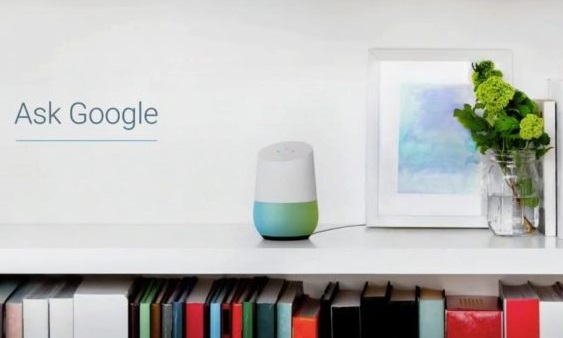New research from marketing technology company Wiraya, in partnership with YouGov, has revealed that 71% of consumers think voice will be used for one or more daily tasks in 10 years’ time.

Companies are increasingly betting big on voice with new services such as Alexa and Siri increasingly being promoted by brands and adopted by consumers. The survey also revealed that over a quarter (26%) of Brits are already interacting with day-to-day tech using voice.
Other key stats include:
- When it comes to being contacting by service providers such as a bank and building society, insurance or utility company, the number one reason respondents would want to speak to a company was to get a question answered quickly.
- Helen Mirren is Brit’s favourite voice they would like to hear on automated calls (17%) followed by Ewan McGregor (11%) and Tom Hardy (9%)
- Two thirds (66%) of Scottish people would prefer to hear a Scottish accent, a third (33%) of Londoners would prefer a London accent and 35% of Welsh consumers would prefer Welsh when receiving an automated call.
The surveys revealed that over a quarter (26%) of Brits are already interacting with day-to-day technology using voice and 71% think it will be used for one or more daily tasks in 10 years’ time.
When it comes to being contacting by service providers such as a bank and building society, insurance or utility company, the number one reason respondents would want to speak to a company was to get a question answered quickly (45%, 43% and 48% respectively), followed by not understanding a change to a contract (33%, 32% and 34% respectively) or to make a complaint (32%, 30% and 33% respectively). The report highlights the importance of voice in providing efficient interactions for customers and building loyalty with brands.
Sam Madden, UK Director at Wiraya commented, “The report reveals a growing acceptance of personalised automated calls from utilities, insurance and financial service providers in a range of key engagements. In a post PPI world the results show the real value of voice in delivering an enhanced experience for customers.”
Personalisation of any voice system used is clearly key, with 64% of total respondents preferring a female voice on this type of system when asked to choose. This figure rises to 71% when we look at male respondents. The survey also suggested the importance of regional accents matched to consumer’s locations, for example, when asked to pick from a given list, two thirds (66%) of Scottish people would prefer to hear a Scottish accent, a third (33%) of Londoners would prefer a London accent and 35% of Welsh consumers would prefer Welsh when receiving an automated call.
The prospect of using the voice channel appears to appeal across the age demographics. Younger people show a clear appreciation of adopting voice technology yet, perhaps surprisingly, almost half (48%) of over 55s believe voice will be used for typing on a laptop or smartphone in 10 years’ time compared with only 39% of 18-24 year olds.
A third (33%) of over 55s think voice commands will be used to shop online, and 31% think these will be used to bank online (31%), compared with just 16% and 15% of 18-24 year olds respectively. The most popular choice amongst all respondents was working out a journey route, i.e. speaking to a Sat Nav with almost two thirds (57%) selecting this option.
Madden continued, “Things like PPI have given automated calls a bad rap, leaving marketers with a difficult hurdle to overcome when trying to use this channel. This report has shown two clear themes, firstly the acceptance by consumers for the use of voice calls for a whole range of business services, and furthermore the need for a personalised approach to optimise the process, be it Helen Mirren, preferred sex or regional accent.
While voice in the context of a one way conversation is grabbing many of the headlines, consumers are clearly also interested in having more two way interaction with brands. Marketers need to understand the most effective way of communicating using voice and the most appropriate uses of that channel.
There is a strong argument for the power of voice backed by this report. I believe highly effective marketing can really dispel enduring stigmas to reinvent our perception of automated calls to drive a significantly enhanced experience for consumers.”
http://www.wiraya.com/
